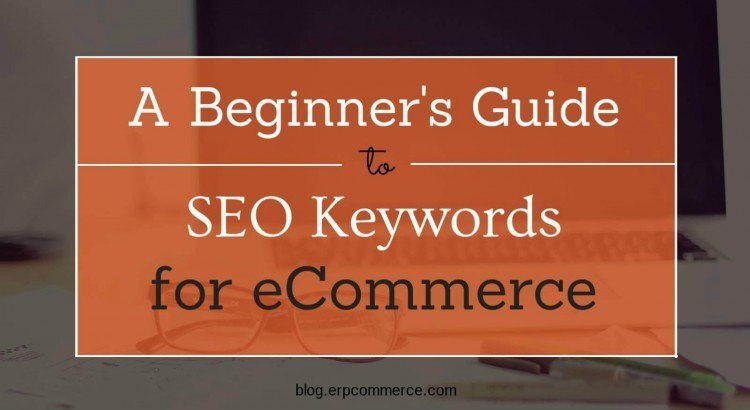
By Brit Finnegan, Lead Designer and SEO Manager
The foundation of search engine optimization (SEO) is keywords. Keywords are the words that internet users–and your customers–are thinking about and typing into their search engines in order to find products, services, people, things and answers to virtually any question imaginable.
eCommerce retailers and marketers spend lots of time and resources attempting to pinpoint the right keywords and key phrases that not only best fit their products, but also best match what customers are looking for. Herein lies the art of SEO keywords for eCommerce.
While marketing professionals make entire careers of SEO and keyword optimization, we’ve compiled this brief yet informational guide of SEO keyword basics to help SMBs optimize their eCommerce websites without the need for a large budget.
Read More

























